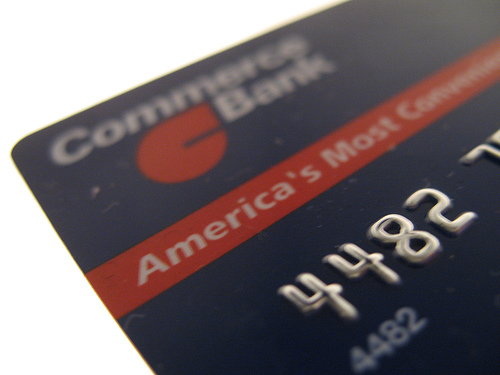Tax Minimization Strategies

Disclaimer: I am not an accountant or a tax professional and any advice here should be verified with a professional before acting upon it.
I’m doing my taxes this week. It’s going to be painful and I’m not going to like the answers it gives me, but I might as well bite the bullet. If you’re in the same boat you may be looking for strategies to help you minimize your taxes this year. There are several categories of expenses that we should consider as possible sources of tax deductions:
Business Expenses
Most of the minimization strategies you will see are for people with small businesses. You open up a world of deductions by starting a business, however this who area of deductions doesn’t apply to most of us. Consider starting a business if you have one in mind, but we’ll cover individual deductions instead since they are of the broadest interest.
Why use an accountant when you have to do most of the work yourself anyway. Get started with Turbo Tax for FREE!
Tax-Deferred Accounts
Make sure you put any money into your IRA, 401(k), HAS or any other tax advantaged accounts you have. Not having to pay taxes can be a huge savings by itself. When you throw in the capacity of some of the accounts to grow tax-free, this is a no brainer.
Unemployment
This is very relevant to all of us in this economic climate. If you lost your job, many of the expenses that you incur in your job search are tax deductable. Phone calls, agency fees, travel to potential employers as well as costs for printing resumes may all be deductible. Be sure to take advantage of any opportunities to lessen your tax burden in this climate.
(more…)



















